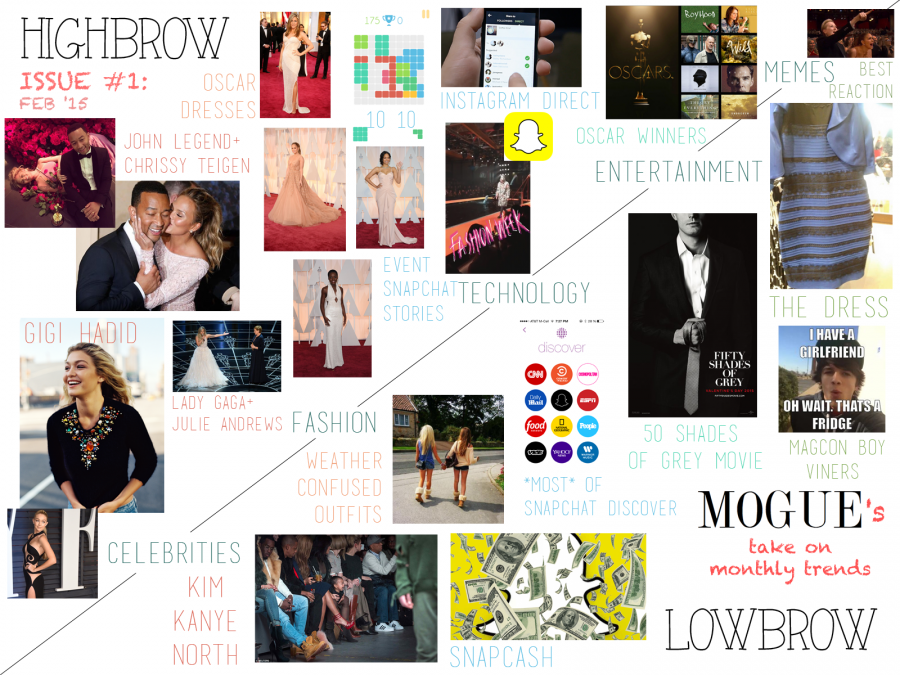
distinguishing between books for entertainment and books with a purposeful message or portrayal of some aspect of human life. I think you've inadvertently hit on the very heart of the problem: Popularity, however, is not a good indicator of what will become a classic book because just as many popular pieces have become nothing but period pieces and fallen completely out of print and forgotten.

If that's what you want to read then fine, but let's not pretend that reading that sort of pulp is the same as reading anything else.Īlso, many classics were also popular when they were published. Some books are nothing but cheap entertainment. I'll withhold my judgment and keep my peace when it comes to literature that I believe offers nothing of value, especially when they are relatively obscure pieces but to argue that all literature is equal is just to dismiss reason entirely and claim equality where nothing of the sort exists. When it comes to books that same principle applies. That being said, some people are definitely smarter than others. I wouldn't do that is because it's insulting, unnecessary, and unbecoming of someone with social grace.

Look I'm not one to point to one person and say "so-and-so is definitely smarter than such-and-such" or even worse say something like "I am smarter than so-and-so and such-and-such is definitely dumber than I" So what do you think? Is this highbrow/lowbrow divide still relevant today? Are the Booker contestants highbrow? Or is the vital measure the volume of sales." "So, the publishing industry label the output in a similar fashion as the critics of yore. One must also not forget that those plays at the Globe by the Bard were the regular entertainment as much for the groundlings as the gentry and even royalty. In their day, initially serialised in fortnightly instalments, Dickens novels were best sellers. Just as say Jilly Cooper's latest will walk off the shelves at Waterstones. The books we had at home sold in their thousands. "One wonders how these terms came into existence. My mother read voraciously the output of Georgette Heyer, Mazo de la Roche and we always had in the bookcase the detective output of Agatha Christie, Ngaio Marsh and Dorothy L Sayers. Whereas books from the local lending library were assumed to be not worth the description. Even that word suggested an indulgence in superior writing. Amazingly today many of those films are revered as being wonderful examples of cinema noir.
#Lowbrow vs highbrow movie#
Queuing at the local picture house to see the latest gangster movie was definitely on the low level. For instance, going to a Shakespeare play was decidedly highbrow, as was listening to the Third Programme (now Radio 3). What one read, listened to, saw at the theatre or the cinema was frequently labelled highbrow, middlebrow or lowbrow. "I realised that something which had been present in determining the various aspects of the arts had disappeared. I thought I would share and invite more opinions! Broadly, what they all share is the notion that the self needs to feel satisfied and needs it at a level requiring and justifying obtaining it at the expense of others.My 80 year old Granddad sent me an email today which made everyone in our office launch into a long debate about the definition and the purpose of the "mass market". The third variant, the ‘self-oriented’ meaning, implies a whole cavalcade of notions from thinking and justifying entitlement to degrees of scheming.

The ‘other-oriented’ meaning implies a searching of justification and responsibility with the object of treating others with decency and dignity. By ‘introspection’ we mean any of three things: the neutral/objective meaning implies the attempt to understand why we think and feel as we do (with which the dictionary agrees). An understanding of bio-social factors in individual and group behavior offers us a good rule of thumb to rely on when our context is variable: Whether general or specific, we look to the nature and quality of introspection as determined from adequate behavioral flags. Before proceeding to the thesaurus entries let me introduce the approach we will take on the subjective elements (perspective).


 0 kommentar(er)
0 kommentar(er)
